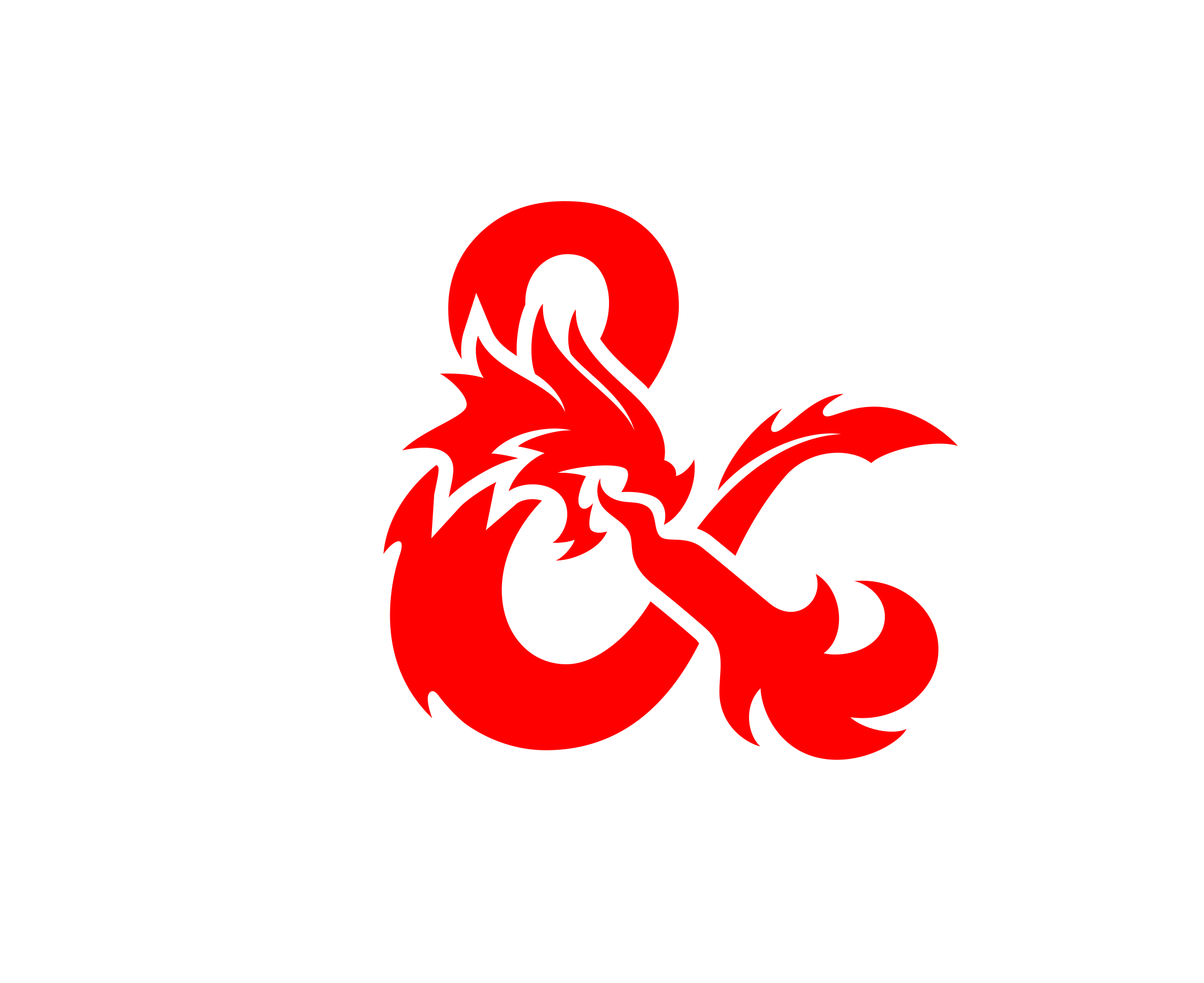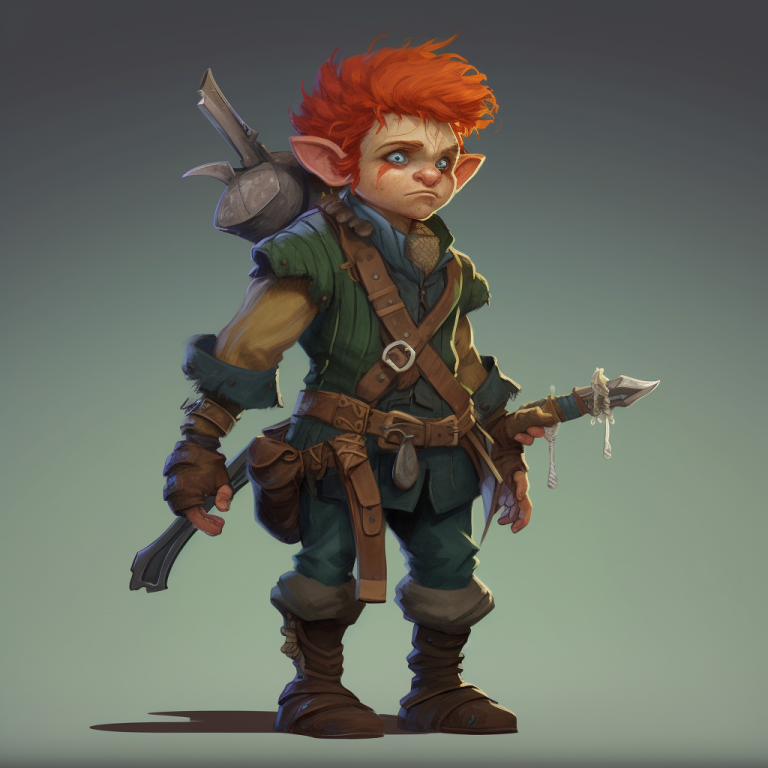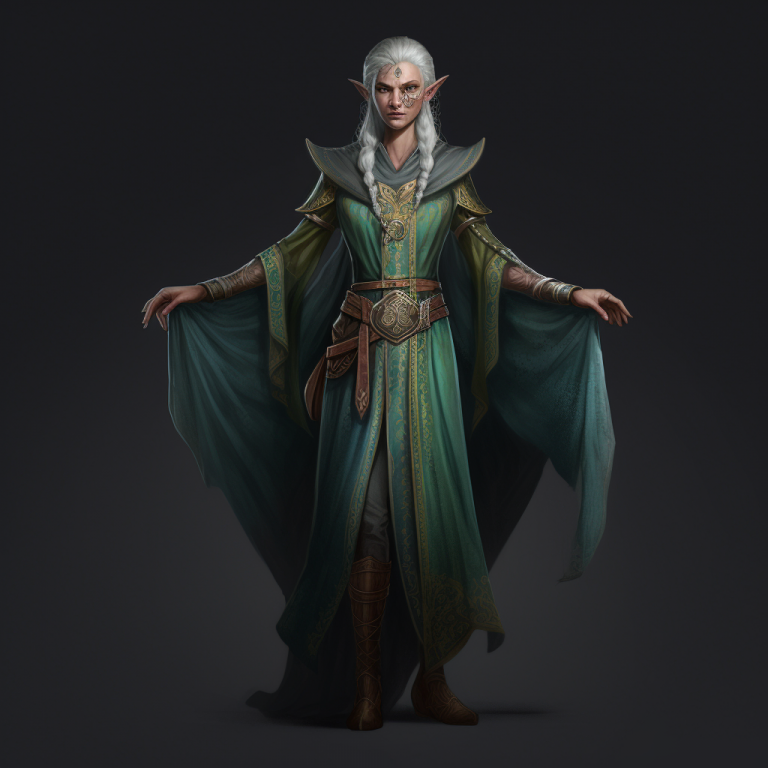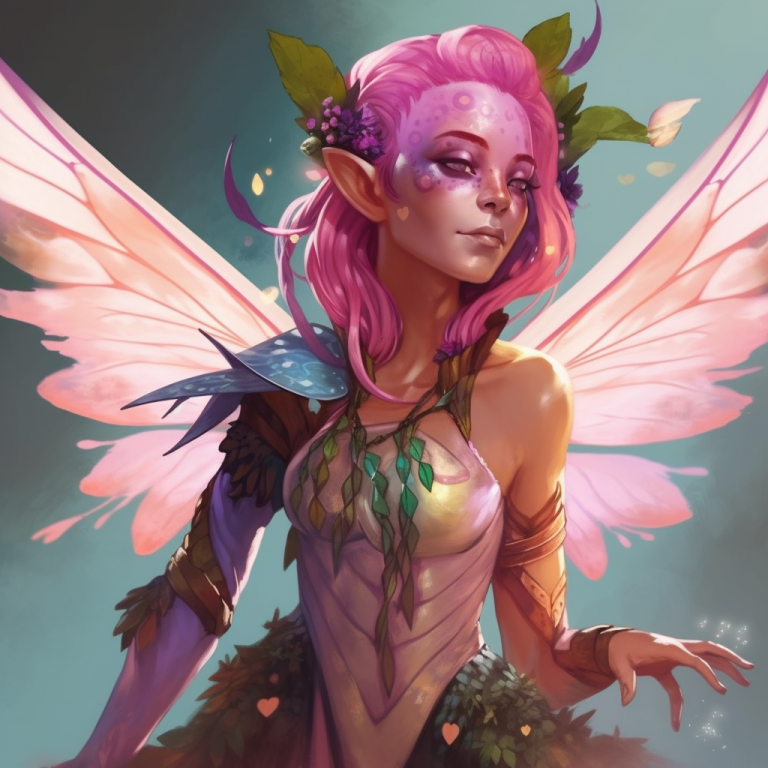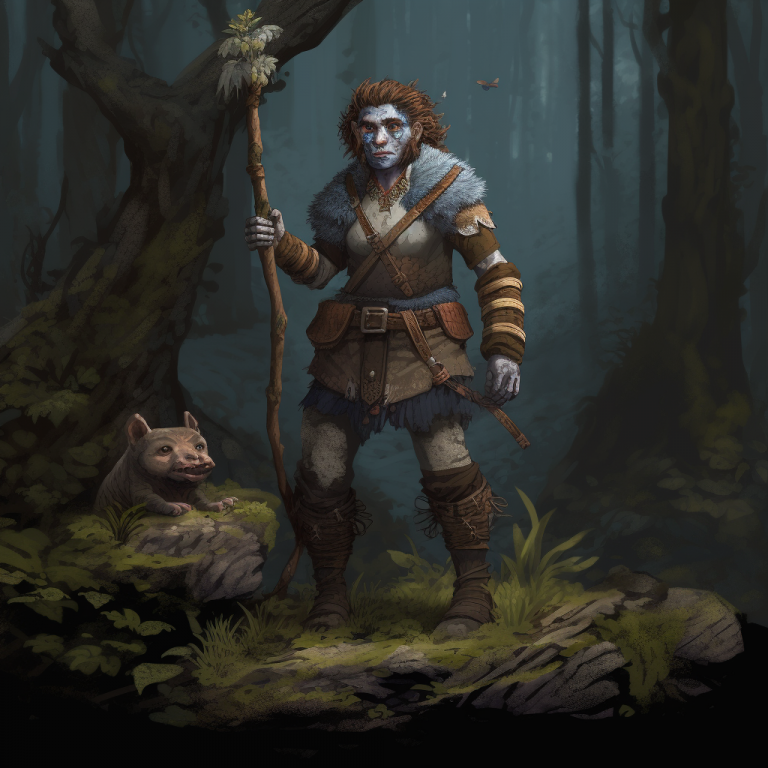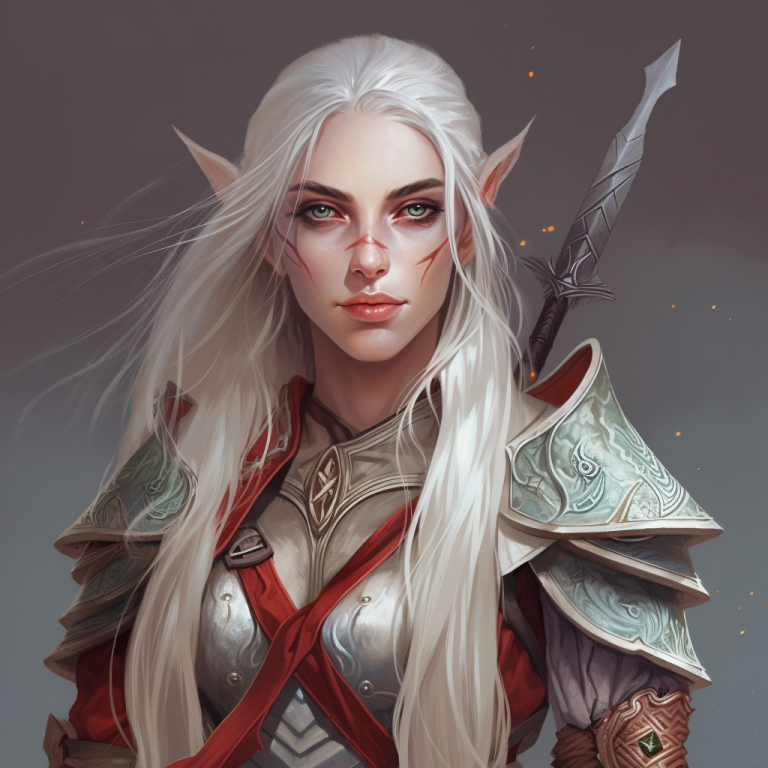Humans | Elves | Dwarves | Halflings | Gnomes | Half-Elves | Half-Orcs | Dragonborn | Tieflings
Aarakocra | Tabaxi | Firbolgs | Aasimar | Eladrin |
Humans
Human culture in this fantasy world is diverse, adaptable, and ever-changing, reflecting the wide range of environments and societies that humans inhabit. They are known for their resourcefulness, ambition, and ability to adapt to new situations and challenges. Here are some key aspects of human culture in this world:
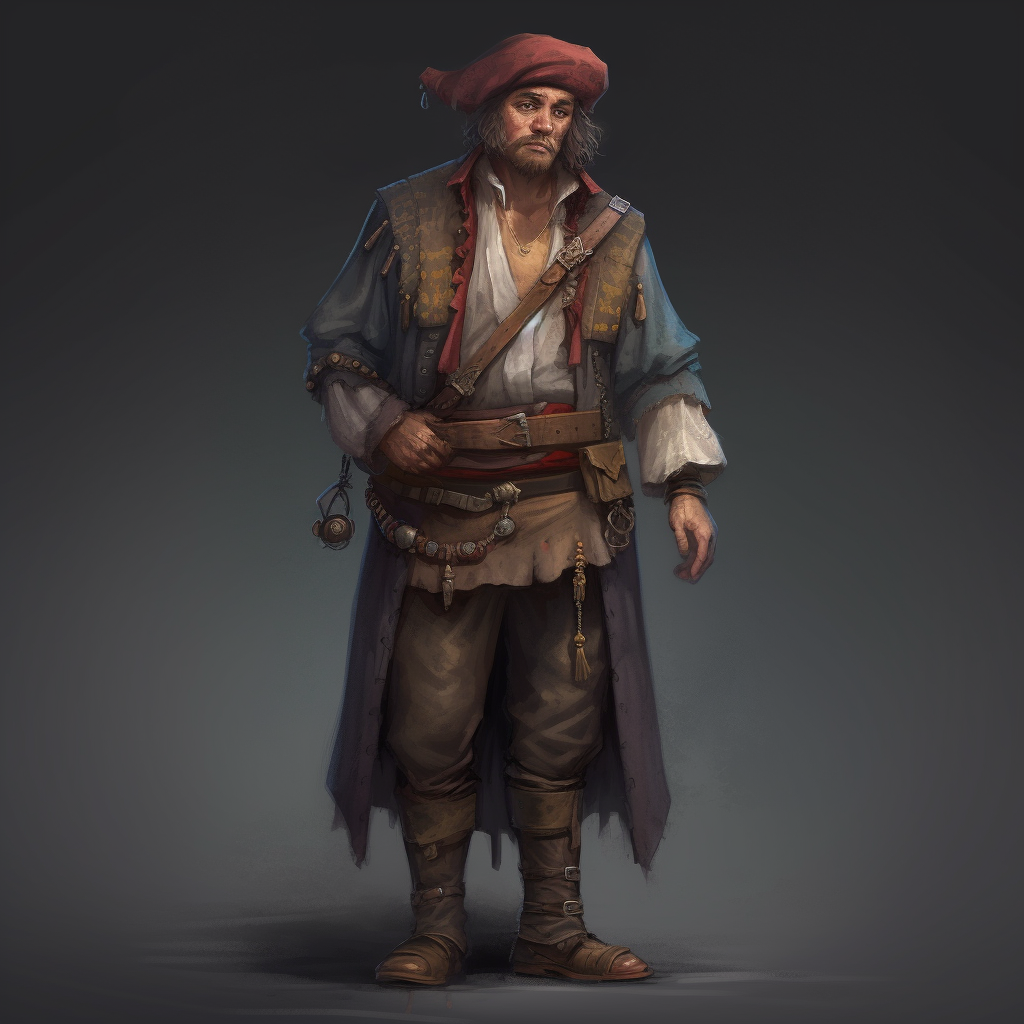
Society and Government
Human societies vary greatly, ranging from small tribal communities to sprawling empires. The forms of government can also differ widely, including monarchies, republics, or oligarchies. Humans have a tendency to organize themselves into hierarchical structures and often seek to expand their territories and influence.
Language and Education
Common is the most widely spoken human language, but regional dialects and variations exist across the different nations. Humans value education, and many societies have established schools and academies to teach various subjects such as history, science, magic, and martial skills.
Art and Architecture
Human art and architecture are influenced by their surroundings and interactions with other races. Styles range from simple and functional designs to grand and ornate structures, often incorporating elements from other cultures. Humans are known for their ingenuity and creativity, using a variety of materials and techniques to build their homes, fortresses, and public buildings.
Religion and Spirituality
Humans are a spiritual race, and their beliefs and practices encompass a wide variety of gods, spirits, and divine beings. Many humans follow organized religions with established pantheons and places of worship, while others adhere to more personal, ancestral, or nature-based beliefs. Religious practices and rituals can vary greatly between different human societies and regions.
Trade and Economy
Humans are skilled traders and merchants, often acting as intermediaries between different races and cultures. They establish trade routes and marketplaces, exchanging goods and services across vast distances. Human economies can be based on agriculture, craftsmanship, mining, or other industries, depending on their region’s resources and expertise.
Family and Social Structure
Family and community are important aspects of human culture. Humans typically form tight-knit family units and larger social networks, with a strong emphasis on loyalty, cooperation, and mutual support. Social structures can vary, with some societies being more egalitarian and others featuring more rigid class distinctions.
Warfare and Diplomacy
Humans have a history of both conflict and diplomacy, as they often seek to expand their territories or defend their lands against external threats. They are known for their skill in warfare, employing a variety of tactics and weapons, often learning from and adapting the strategies of other races. At the same time, humans are also adept at diplomacy and negotiation, forging alliances and treaties with other races and nations.
Adventuring and Exploration
Many humans are driven by a sense of curiosity, adventure, and wanderlust, which leads them to explore new lands, discover lost ruins, and delve into ancient mysteries. They are well-represented among adventurers, explorers, and scholars, often forming diverse parties with members of other races to overcome great challenges and uncover hidden secrets.
The human culture in this world is characterized by its adaptability and diversity, drawing inspiration from their surroundings and interactions with other races to create a rich and ever-evolving tapestry of traditions, beliefs, and practices.
Humans | Elves | Dwarves | Halflings | Gnomes | Half-Elves | Half-Orcs | Dragonborn | Tieflings
